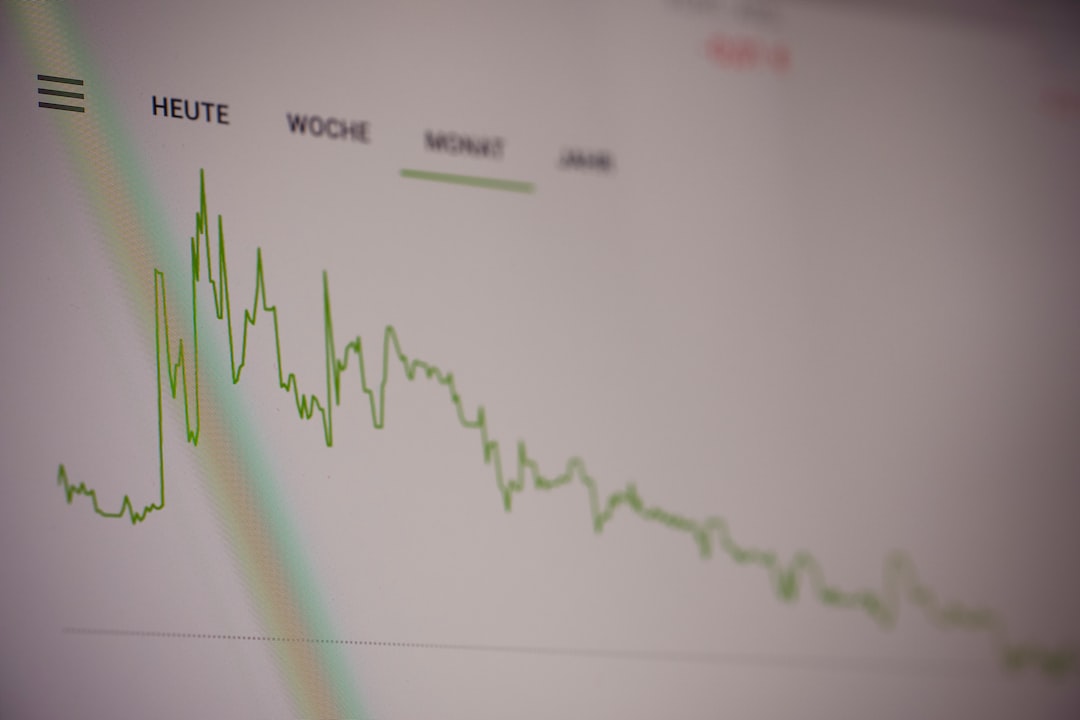Forex trading is a popular activity among investors in the United States. The Forex market is a decentralized market where foreign currencies are traded 24 hours a day, 5 days a week. With a daily trading volume of over $5 trillion, the Forex market is the largest financial market in the world. However, the forex market is not regulated by a single entity. Instead, there are several regulatory bodies in the United States that oversee forex trading. In this article, we will discuss who regulates forex in the United States.
Commodity Futures Trading Commission (CFTC)
The Commodity Futures Trading Commission (CFTC) is the primary regulatory body that oversees forex trading in the United States. The CFTC is an independent agency of the U.S. government that was created in 1974 to regulate commodity futures and options markets. The CFTC has the authority to regulate all futures and options contracts, including those traded on the Forex market. The CFTC’s main objective is to protect investors from fraudulent and manipulative practices in the commodity futures and options markets.
The CFTC has a set of regulations that govern forex trading in the United States. These regulations include:
1. Registration of Forex dealers and futures commission merchants (FCMs): Forex dealers and FCMs are required to register with the CFTC before they can trade on the Forex market.
2. Disclosure of risks: Forex dealers and FCMs are required to disclose the risks associated with forex trading to their clients. These risks include market volatility, leverage, and counterparty risk.
3. Minimum capital requirements: Forex dealers and FCMs are required to maintain a minimum capital requirement to ensure that they can meet their financial obligations to their clients.
4. Segregation of client funds: Forex dealers and FCMs are required to segregate their clients’ funds from their own funds to protect their clients’ funds from fraud or bankruptcy.
National Futures Association (NFA)
The National Futures Association (NFA) is a self-regulatory organization that is authorized by the CFTC to regulate the activities of Forex dealers and FCMs. The NFA was established in 1982 and is headquartered in Chicago, Illinois. The NFA’s main objective is to protect investors and maintain the integrity of the futures market.
The NFA has a set of rules and regulations that Forex dealers and FCMs must adhere to. These regulations include:
1. Compliance with CFTC regulations: Forex dealers and FCMs must comply with the regulations set forth by the CFTC.
2. Registration and membership: Forex dealers and FCMs must register with the NFA and become members.
3. Training and education: Forex dealers and FCMs are required to complete training and education programs to ensure that they are knowledgeable about the Forex market and its regulations.
4. Auditing and reporting: Forex dealers and FCMs are required to submit regular reports to the NFA and undergo audits to ensure that they are complying with the regulations.
Securities and Exchange Commission (SEC)
The Securities and Exchange Commission (SEC) is the primary regulatory body that oversees the securities market in the United States. The SEC was established in 1934 and is responsible for enforcing federal securities laws and regulating securities markets, including the Forex market.
The SEC has a set of rules and regulations that Forex dealers and FCMs must adhere to. These regulations include:
1. Registration of Forex dealers and FCMs: Forex dealers and FCMs that deal in securities, such as currency options, must register with the SEC.
2. Disclosure of risks: Forex dealers and FCMs must disclose the risks associated with forex trading to their clients.
3. Compliance with federal securities laws: Forex dealers and FCMs must comply with federal securities laws, including the Securities Act of 1933 and the Securities Exchange Act of 1934.
4. Anti-fraud measures: Forex dealers and FCMs must implement anti-fraud measures to prevent fraudulent and manipulative practices in the securities market.
Conclusion
Forex trading in the United States is regulated by several regulatory bodies, including the Commodity Futures Trading Commission (CFTC), the National Futures Association (NFA), and the Securities and Exchange Commission (SEC). These regulatory bodies have set forth rules and regulations that Forex dealers and FCMs must adhere to, to ensure that investors are protected from fraudulent and manipulative practices in the Forex market. As an investor, it is important to work with a Forex dealer or FCM that is registered with the CFTC and NFA and complies with their regulations.






